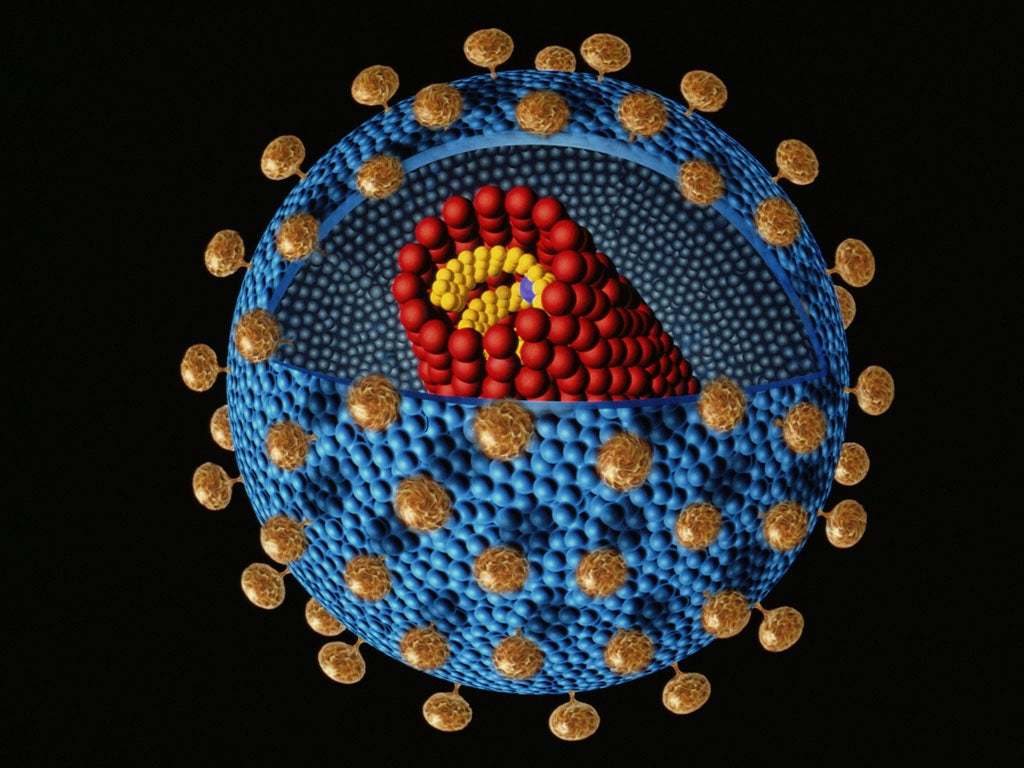World AIDS Day: A race against time as HIV treatment is cut
Anti-retrovirals are vital in improving and saving the lives of children with HIV.

In an orphanage on the outskirts of Guinea Bissau’s capital, children are facing what could be a long and painful death.
A quarter of the orphans at Casa Emanuel are HIV positive and many ended up here as they lost both of their parents to the epidemic. Earlier this year, half the positive children at the centre were on anti-retroviral drugs. However, ahead of the 25th World AIDS day this Saturday, they are struggling to cope with a critical shortage of their life-saving treatment.
Anti-retrovirals have never been easy to come by in Guinea Bissau. However, after last April’s coup, The Global Fund to fight AIDS was forced to withdraw funding to the government ministry responsible for tackling HIV and AIDS. Coup leaders have handed power to a civilian administration, but many Western countries have frozen aid to the country and do not recognise the authorities. The National Secretariat against AIDS says The Global Fund was their main backer and now they are finding it increasingly difficult to pay staff and distribute drugs.
At Casa Emanuel, the situation is desperate. Their only medical supplier is the National Secretariat and the orphanage has no other way to provide medication. Innocent children are suffering. The orphanage also relies upon the Secretariat for special nourishing food, to keep HIV positive children healthy. If the situation continues, these kids will undoubtedly die. With proper care and treatment they could live and accomplish their goals.
And the problems don’t end with Casa Emanuel. Plan was providing school supplies and food to children affected by HIV and AIDS, but that was in partnership with the Secretariat and has also been suspended. What’s more, our plans to start a national network of organisations for people living with HIV and AIDS have been put on hold – for exactly the same reason.
Government figures put the rate of HIV in Guinea Bissau at 3.3%, one of the highest in West Africa. Plan has been working in the country for the past 17 years, helping children to access their rights to education, health, sanitation and protection. We cannot stand by and allow children to suffer in this way.
UN agencies are working with the government and NGOs to try to bridge the gap and increase access to vital anti-retrovirals. We are calling for the International community to act, to get treatment and support to those who need it - and quickly. We need to champion human rights and to help children and adults living with HIV and AIDS to carry on with dignity. Without this support and investment, we can never achieve the goal of an HIV-free generation.
Join our commenting forum
Join thought-provoking conversations, follow other Independent readers and see their replies
Comments
Bookmark popover
Removed from bookmarks